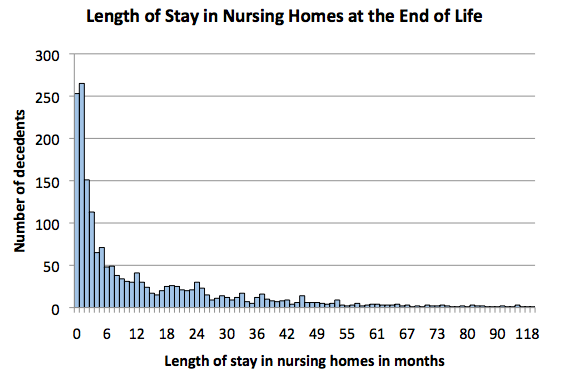Moleskin Moyer
Dryer sheet wannabe
- Joined
- Feb 4, 2016
- Messages
- 21
Hello! Recently my brothers and I decided against purchasing long-term care insurance for the parents. We based our decision on the inflexibility of the policies and also mainly on the fact that the insurance companies will make things difficult for the benefactor to get payouts.
So instead of a LTC insurance policy, is there any financial vehicle specifically geared to health care that I can contribute money and build a cushion in case my parents need money for health care?
So instead of a LTC insurance policy, is there any financial vehicle specifically geared to health care that I can contribute money and build a cushion in case my parents need money for health care?

